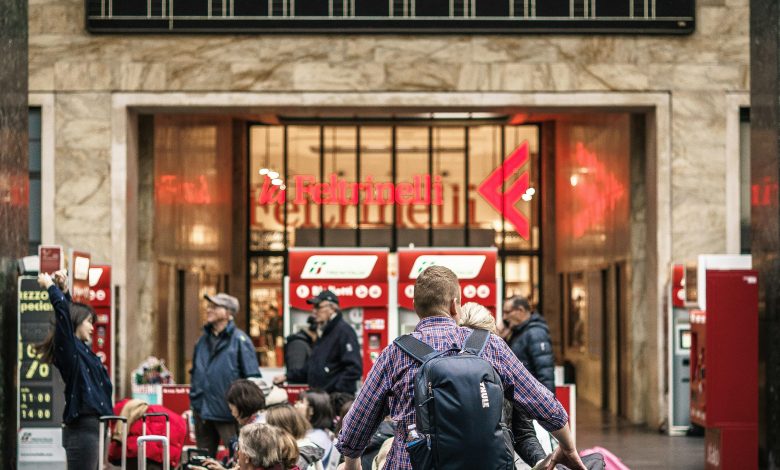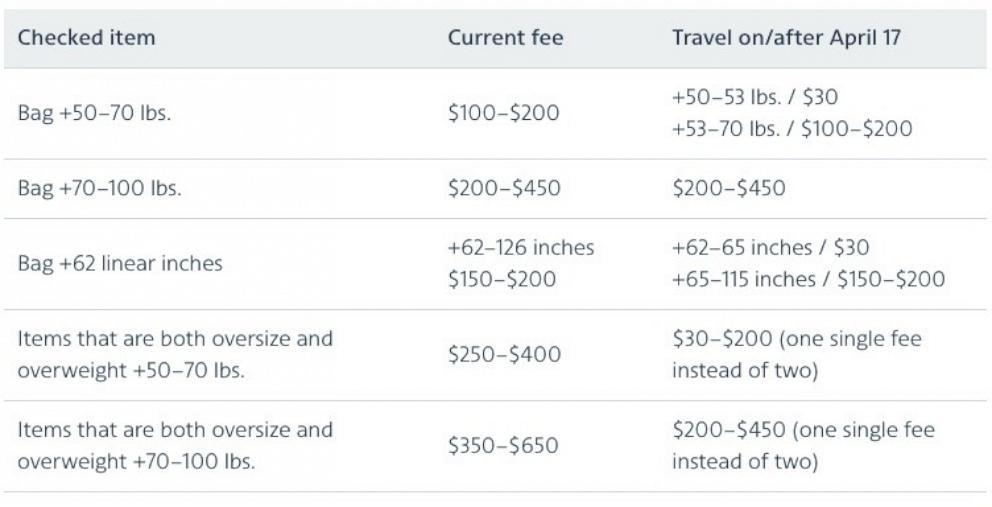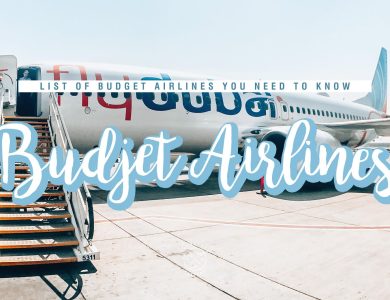
In today’s travel landscape, navigating the myriad of fees associated with air travel can be as challenging as planning the trip itself. Among these, luggage fees often emerge as a significant and sometimes unexpected expense for travelers. Understanding how to effectively manage and potentially avoid these charges can not only save money but also streamline the travel experience. This article explores the best strategies for avoiding luggage fees on flights, offering practical advice and tips for both frequent flyers and occasional travelers. Whether you’re packing for a weekend getaway or an extended international adventure, these insights will help you keep your costs in check while ensuring that your belongings accompany you without breaking the bank.
Choosing the Right Airline to Minimize Luggage Costs
When it comes to keeping your travel budget in check, selecting an airline that aligns with your luggage needs is crucial. Start by comparing airlines known for their generous baggage policies. Some carriers, particularly international ones, often include a checked bag in their base fare, while budget airlines may charge for even a carry-on. Research is key: look for airlines that offer free or low-cost checked baggage allowances, and consider joining their frequent flyer programs, which sometimes offer additional luggage benefits.
- Airline Loyalty Programs: Enrolling can earn you perks such as free checked bags or priority boarding, especially if you frequently fly with the same airline.
- Credit Card Partnerships: Some airlines partner with credit card companies to offer cards that waive baggage fees as a cardholder benefit.
- Seasonal Promotions: Keep an eye out for special promotions that might include complimentary luggage or discounts on baggage fees.
Remember, the cheapest ticket isn’t always the best deal if it comes with high luggage fees. Weigh the total cost, including potential baggage charges, when choosing your flight. By doing so, you can find the right balance between airfare savings and luggage costs, ensuring a smoother and more cost-effective travel experience.

Mastering the Art of Packing Light and Efficiently
Maximizing your packing efficiency can save you from those pesky luggage fees and make your travel experience smoother. The key lies in choosing the right items and organizing them strategically. Begin by selecting versatile clothing pieces that can be mixed and matched for different looks. Layering is your friend here—opt for lightweight garments that can be combined for warmth or worn separately in warmer climates. To minimize space, roll your clothes instead of folding them, and use packing cubes to keep everything tidy and compact.
- Prioritize Multi-Use Items: Think of items that serve more than one purpose, such as a scarf that can double as a blanket or a pair of shoes suitable for both casual and formal settings.
- Utilize Personal Item Space: Airlines allow a carry-on and a personal item. Use a backpack or a large tote as your personal item to store heavier or bulkier items.
- Limit Toiletries: Bring only essential toiletries and invest in solid alternatives like shampoo bars, which are compact and spill-proof.
- Wear Your Bulkiest Items: Save space in your luggage by wearing your heaviest shoes and jacket on the plane.
By following these strategies, you can travel light and avoid additional charges, leaving you with more freedom and flexibility on your journey.

Leveraging Frequent Flyer Programs and Credit Card Perks
Many airlines partner with credit card companies to offer frequent flyer programs that can be an invaluable asset in waiving luggage fees. By signing up for an airline’s co-branded credit card, travelers often receive benefits such as a complimentary checked bag, priority boarding, or even additional miles for every dollar spent. These cards might come with an annual fee, but the perks can often outweigh the cost, especially for frequent travelers.
- Sign up for loyalty programs: Enrolling in an airline’s frequent flyer program can lead to waived luggage fees once you reach a certain status level.
- Use credit card perks: Many travel credit cards offer benefits like free checked bags or baggage fee credits, which can be used to offset luggage costs.
- Combine miles and credit card offers: Some airlines allow you to use miles to cover luggage fees, and pairing this with a credit card benefit can maximize savings.
Moreover, some premium credit cards offer travel credits that automatically reimburse cardholders for travel-related expenses, including luggage fees. Before booking your flight, check the terms of your credit card to see if it provides such benefits. By strategically utilizing these programs and perks, you can significantly reduce or even eliminate those pesky luggage fees, making your journey smoother and more cost-effective.

Understanding Airline Policies and Hidden Fee Structures
Airline policies and their fee structures can often seem like a labyrinth, especially when it comes to luggage fees. Understanding the nuances of these policies is crucial for travelers looking to save money. Each airline has its own set of rules, and what may be free on one airline could come with a hefty price tag on another. Here are some strategies to help you navigate these often-confusing policies:
- Research Your Airline: Before booking, visit the airline’s website to review their baggage policies. Pay attention to the size and weight limits for both carry-on and checked luggage, as exceeding these can lead to additional charges.
- Pack Smart: Use packing cubes and compression bags to maximize space. Consider wearing heavier clothing items during the flight to save space in your luggage.
- Join Frequent Flyer Programs: Many airlines offer free checked bags as a perk for members of their loyalty programs. This can be especially beneficial if you fly often with the same airline.
- Check for Credit Card Benefits: Some credit cards offer travel benefits that include free checked bags. Verify if your card provides this advantage and what the conditions are.
- Compare Airlines: When planning your trip, compare different airlines not just for ticket prices but also for their baggage fees. A slightly more expensive ticket might save you money in luggage fees.



